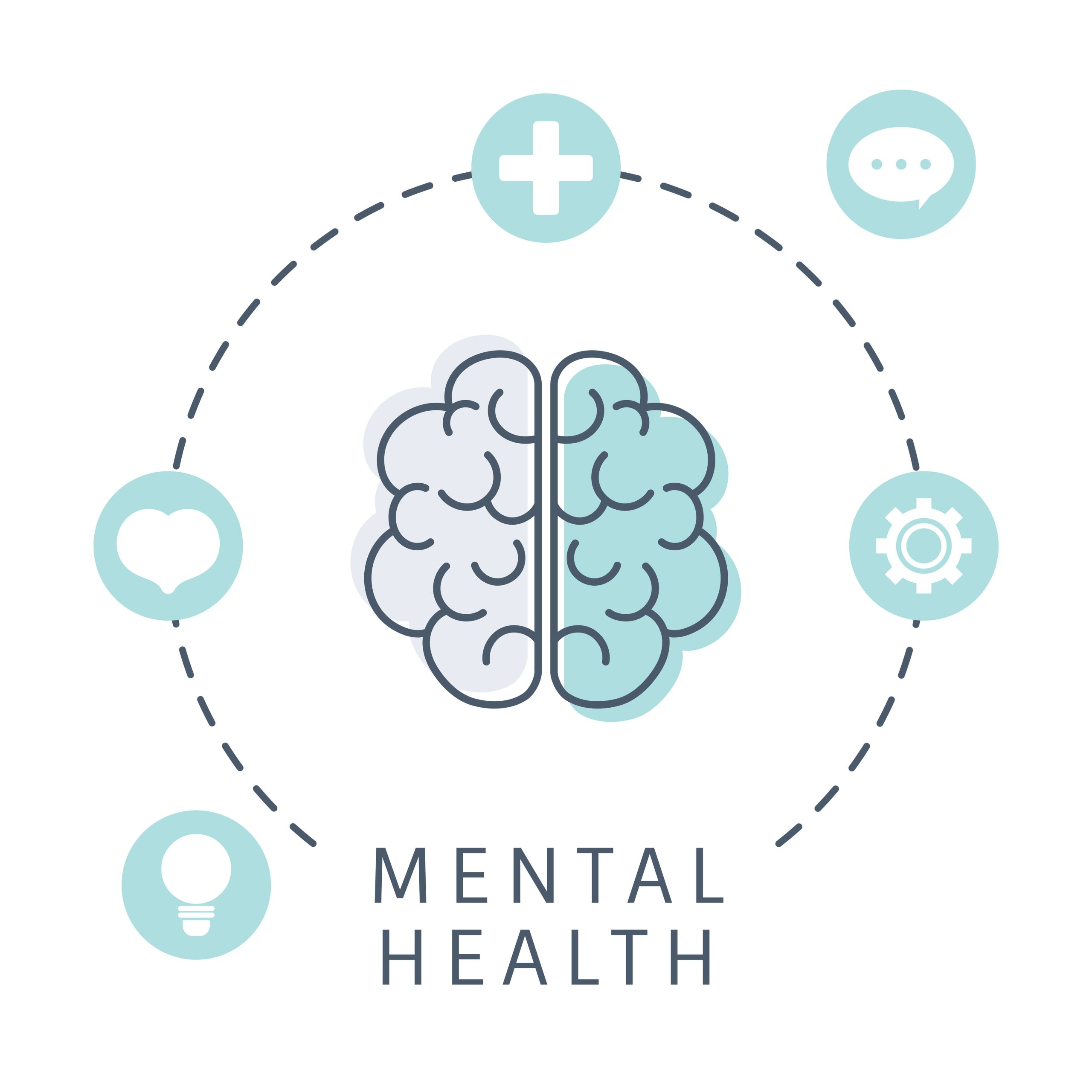Mental health is an integral part of our overall well-being, yet discussing it with a healthcare provider can be daunting. Many people struggle with opening up about their mental health concerns, fearing judgment or stigma. However, addressing mental health issues with your doctor is crucial for early intervention and effective treatment.
In this guide, we’ll explore how to talk to your doctor about mental health, breaking down the process into manageable steps.
Self-Assessment: Reflect on Your Mental Health
Before approaching your doctor, take some time to reflect on your mental health. Be honest with yourself about your feelings, emotions, and any symptoms you’ve been experiencing. Consider keeping a journal to track your thoughts and emotions over a period of time. This self-assessment can help you articulate your concerns more effectively during your appointment.
Choose the Right Doctor
When addressing mental health concerns, it’s essential to choose a doctor you feel comfortable with. Look for a healthcare provider who specializes in mental health or has experience in treating mental health conditions. You may also want to seek recommendations from friends, family, or online reviews to find an empathetic and compassionate doctor.
Schedule an Appointment
Once you’ve selected a doctor, schedule an appointment to discuss your mental health concerns. Avoid rushing through the appointment by addressing multiple issues in one visit. A dedicated appointment allows you to focus on your mental health without feeling rushed.
Prepare for the Appointment
Before your appointment, make a list of your concerns and questions. Organize your thoughts to ensure you cover everything you want to discuss. Be honest about your symptoms, even if you find them embarrassing or uncomfortable. Your doctor needs accurate information to provide you with the best possible care.
Break the Ice
Starting the conversation about mental health can be challenging. Begin by expressing your intention to discuss your mental well-being. You might say, “I’ve been experiencing some emotional challenges recently and wanted to talk to you about it.” This simple opening can help your doctor understand your purpose for the visit.
Describe Your Symptoms and Emotions
During the appointment, describe your symptoms and emotions as accurately as possible. Use specific examples to help your doctor understand what you’re going through. Share information about changes in sleep patterns, appetite, energy levels, mood swings, and any other relevant details.
Discuss Your Medical History
Your doctor will need to know about your medical history, including any past mental health issues, medications, or treatments. Be honest about your experiences, as this information can guide your doctor in developing an appropriate treatment plan.
Ask Questions
Don’t hesitate to ask questions about your mental health concerns and potential treatments. Understanding your condition and treatment options is essential for your well-being. Some questions you might consider asking include:
- What might be causing my symptoms?
- What treatment options are available?
- What are the potential side effects of medications or therapies?
- How long should I expect treatment to last?
Collaborate on a Treatment Plan
Your doctor will work with you to develop a treatment plan tailored to your needs. This plan may include therapy, medication, lifestyle changes, or a combination of these approaches. Be actively involved in the decision-making process, and don’t hesitate to share your preferences and concerns.
Follow Up and Your Monitor Progress
After your initial appointment, follow up with your doctor regularly to monitor your progress. Keep track of how you’re feeling and any changes in your symptoms. Effective communication with your doctor is vital throughout your treatment journey.
Taking the first step to talk to your doctor about mental health is a courageous act that can lead to improved well-being. Remember that seeking support for mental health is just as important as addressing physical health concerns. If you’re prescribed medication as part of your treatment plan, ensure you religiously take your medicine. Coupons like BuzzRx Prescription Discounts can make managing your mental health more affordable and accessible.
In conclusion, discussing mental health with your doctor is a significant step toward healing and well-being. By following these steps and breaking the stigma surrounding mental health, you can take control of your mental well-being and lead a healthier, happier life. Don’t wait – prioritize your mental health today.
